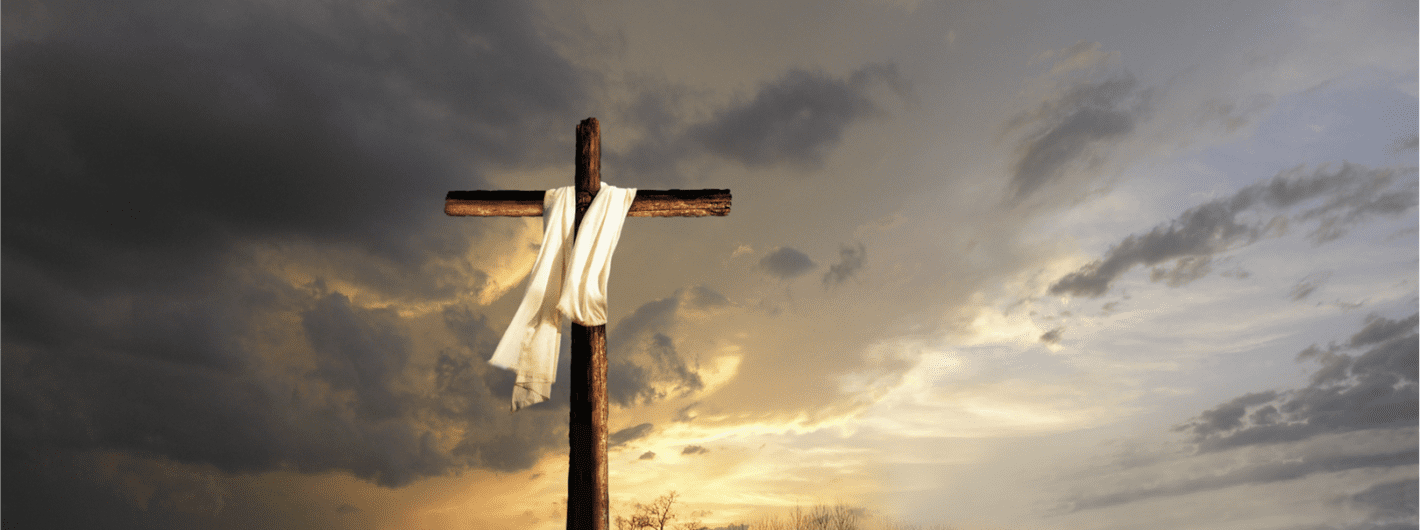Independence Day is about far more than hot dogs, fireworks, and baseball. It isn’t just the premier summer holiday in the American cultural landscape. The United States of America turns 247 years old this week, a blink in the time spans that other nations celebrate as their history. Yet, we know this country to be unique in many ways. This is the first modern republic that came of age in an era of monarchy. It is the land of hope for countless immigrants over the decades, including many of us in this parish and certainly our ancestors. There is much for which we must thank God on this Independence Day.
The Catholic contribution to this nation and the contribution of this nation to the Catholic Church is one of the underrated, little known truths of history that deserves its time in the limelight. The relationship between the Catholic Church and the United States has historically been complicated. Only a generation ago, John F. Kennedy had to ward off political attacks claiming that he would be a puppet of the Vatican while in the White House. Al Smith before him fared far worse. The immigrant Church of the 19th century was the constant victim of discrimination that at its worst devolved into violence. Catholics were excluded from places of prestige, denied employment opportunities, and made to stay in segregated places. That environment was what led to the great building of Catholic institutions in the early 20th century as Catholics sought to make their mark on society.
Yet not all was antagonistic between Catholics and the nation they loved. Charles Carroll of Maryland was the only Catholic signer of the Declaration of Independence. His cousin, John Carroll, was the first bishop in the United States for the Archdiocese of Baltimore. The immigrant communities brought their Catholic faith with them as they built America’s great cities from the Northeast all the way to the West and the South. Great American saints, such as St. Katherine Drexel, St. John Neumann, and St. Frances Xavier Cabrini ministered to this immigrant church. The bishops in the United States contributed greatly to the Vatican and were highly influential at the First and Second Vatican Councils. Vatican II’s declaration on religious liberty, Dignitatis Humanae, was the brainchild of the American church whose draft was known as “the American schema” before being ratified by the Council. I could recount many more similar examples. I haven’t even mentioned the social impact of the Catholic Church on American society from Boys Town to Operation Pedro Pan.
This week we commemorate our beloved nation and thank God for her. We also thank God for our Catholic faith which allows us to love God and Country. We share the burden of “creating a more perfect union” along with our brothers and sisters of different faiths and beliefs. Brothers and sisters, we are called to be the salt of the earth and the light of the world. That starts right here in the United States of America. Like those who came before us, from the very first settlers in St. Augustine, Florida to those who built our local church in Miami, we walk with Christ by our side. These United States need our Catholic witness. Our Catholic Church needs our American experience. Happy Independence Day!
Fr. Andrew

